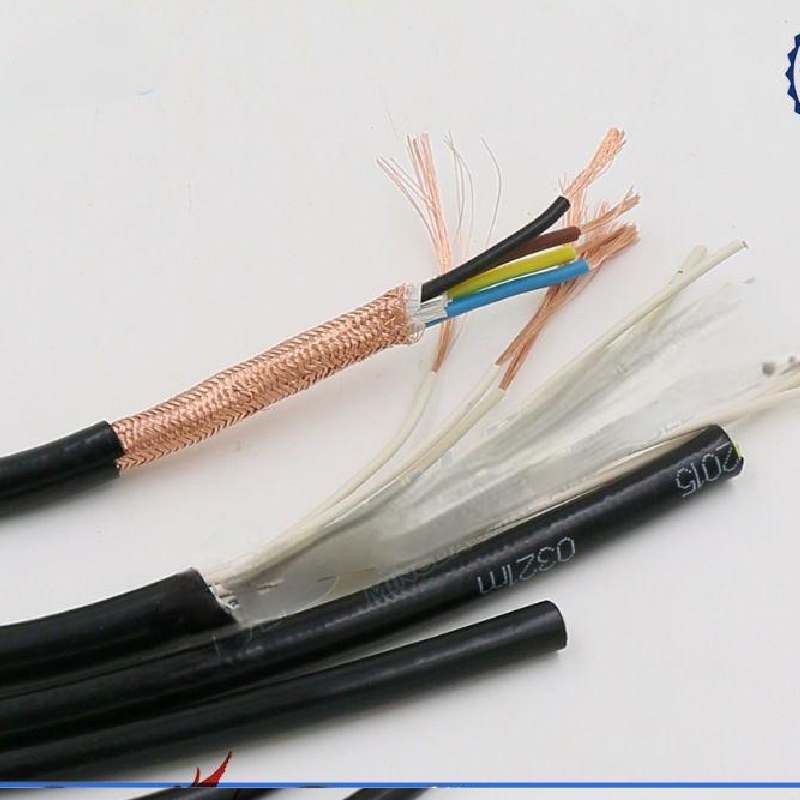8 月 . 28, 2024 11:42 Back to list
Pneumatic Ball Valve - High Performance & Reliable Control Solutions
Understanding Pneumatic Ball Valves Functionality and Applications
Pneumatic ball valves are essential components in modern industrial applications, serving a critical role in the control and regulation of fluid flow in a wide range of systems. These valves are known for their reliability, durability, and efficiency, making them an ideal choice for various pneumatic operations.
What is a Pneumatic Ball Valve?
A pneumatic ball valve consists of a spherical disc, known as the ball, which controls the flow of fluid through it. The ball has a hole or port that, when aligned with the flow path, allows fluid to pass through. When the ball is rotated 90 degrees, the port is turned away from the flow, effectively stopping the fluid. This simple mechanism of opening and closing gives the pneumatic ball valve its distinct advantage in rapid flow control.
Pneumatic actuators power these valves, converting compressed air energy into mechanical motion. This automation enhances the efficiency of operations, allowing for quick adjustments and precise control of fluid dynamics.
Key Features of Pneumatic Ball Valves
1. Quick Operation Pneumatic ball valves offer fast opening and closing times, often requiring only a small amount of air to move the actuator. This is particularly beneficial in applications requiring swift flow adjustments.
2. Minimal Pressure Drop The spherical shape of the ball minimizes turbulence, providing a smooth pathway for fluid flow. As a result, pneumatic ball valves maintain a low pressure drop, making them energy-efficient.
3. Versatility These valves can handle various media, including gases, liquids, and slurries, depending on the material used in their construction. Common materials include stainless steel, brass, and plastic.
4. Durability Designed to withstand harsh industrial environments, pneumatic ball valves are built for longevity. They resist wear and tear, ensuring consistent performance over time.
pneumatic ball valve

5. Sealing Capability The design of the ball and seat provides an effective sealing mechanism, preventing leaks and ensuring system integrity.
Typical Applications
Pneumatic ball valves see widespread use across industries due to their adaptability. Some common applications include
- Chemical Processing In chemical plants, these valves are used to manage the flow of various corrosive substances, thanks to their chemical-resistant materials.
- Food and Beverage Industry They are critical in the food industry for hygienic processing, where quick and reliable shut-off is essential to maintain product quality and safety.
- Water Treatment Pneumatic ball valves facilitate the regulation of flow in water distribution systems and wastewater treatment plants, ensuring efficient water management.
- Pharmaceuticals The ability to maintain stringent sanitation standards makes them suitable for controlling flow in pharmaceutical manufacturing.
Conclusion
In conclusion, pneumatic ball valves are vital for ensuring efficient and reliable fluid control across various industrial applications. Their ability to operate quickly, maintain low pressure drops, and offer durability makes them indispensable in settings ranging from chemical processing to food production. As industries continue to automate and innovate, pneumatic ball valves will remain a key player in the evolution of fluid control technology, contributing to enhanced efficiency and safety in industrial operations. Understanding their functionality and applications is crucial for engineers and technicians who aim to optimize system performance and drive operational excellence.
Share
-
Understanding the Differences Between Wafer Type Butterfly Valve and Lugged Butterfly ValveNewsOct.25,2024
-
The Efficiency of Wafer Type Butterfly Valve and Lugged Butterfly ValveNewsOct.25,2024
-
The Ultimate Guide to Industrial Swing Check Valve: Performance, Installation, and MaintenanceNewsOct.25,2024
-
Superior Performance with Industrial Swing Check Valve: The Essential Valve for Any SystemNewsOct.25,2024
-
Industrial Swing Check Valve: The Ideal Solution for Flow ControlNewsOct.25,2024
-
You Need to Know About Industrial Swing Check Valve: Functionality, Scope, and PerformanceNewsOct.25,2024